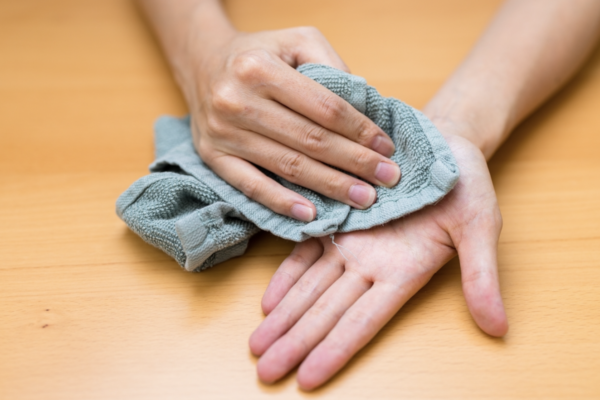When patients complain of musculoskeletal pain, headaches, or constipation, I always ask, “How much water do you drink daily?” A typical response is, I drink two cups of coffee in the morning, one or two glasses of wine with dinner… So many people overlook that a lack of water can cause health problems or that specific signs /symptoms can be associated with dehydration.
As we age, we begin to lose our thirst mechanism through chronic dehydration, and our cells lose as much as 20 percent of their water content, leading to dysfunction. In my professional practice, I’ve seen a variety of main chronic illnesses connected with dehydration, including as
Hydration and Pain: Dehydration can exacerbate chronic muscle and joint pain, slow the healing rate, and increase the chances of injury. Water helps hydrate discs between the vertebrae in your spine and prevents your tendons, ligaments, and muscles from becoming tight and stiff. Proper hydration can help reduce pain and protect your joints and muscles by keeping the cartilage soft and pliable.
Headache: When our bodies are dehydrated, they experience a decrease in blood volume. And headaches can occur when our brains aren’t getting enough blood flow. Dehydration headaches can be mild or severe. They can be felt in one specific area of the head or all over, and they usually get worse with movement. Some migraine sufferers even report dehydration as a trigger for their attacks.
Hypertension: High blood pressure is standard in chronically dehydrated people. When the body’s cells lack water, the brain sends a signal to the pituitary gland to secrete vasopressin, a chemical that causes constriction of the blood vessels. It causes blood pressure to increase, which leads to hypertension.
❤️ After waking up in the morning, suggest drinking one cup of room-temperature water. Keep sipping water every hour. Men try to be about 3 liters of water daily, and women are about 2 liters each day. Hydration, it’s a simple solution to some severe and complicated health conditions.



